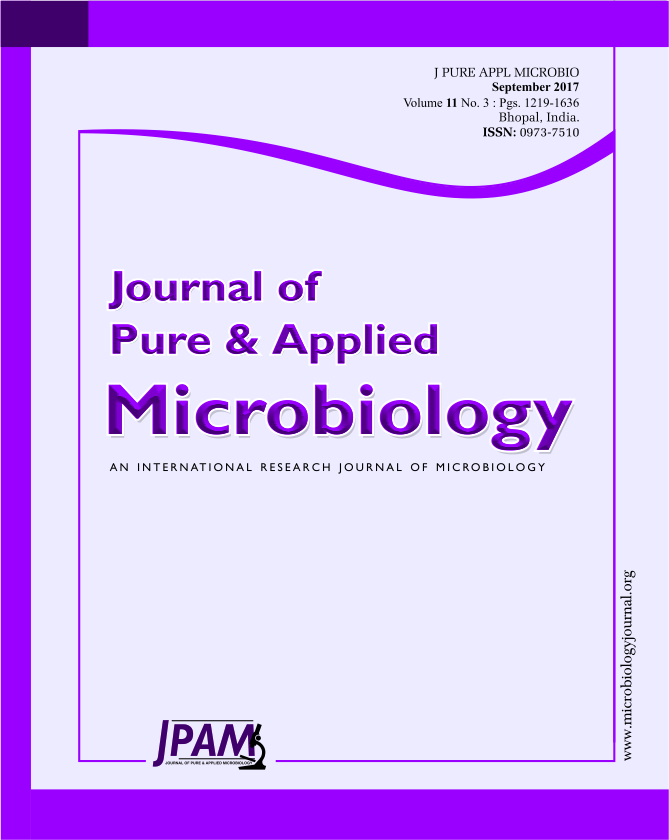Aloe vera, as a traditional folk medicine plant, is used for its curative and therapeutic properties. In the current study, attempts were made to evaluate in vitro antimicrobial activity of A. vera gel against Escherichia coli strains isolated from patients with urinary tract infection. A total of 150 E. coli isolates were recovered from urine samples between July 2015 and September 2015. Extended-spectrum²-lactamase (ESBL) screening in Escherichia coli isolates was on the basis of double disc synergy tests and combined disk diffusion test. Epsilometer test was performed to determine susceptibilities of E. coli isolates to 13 antimicrobial agents. Metallo-beta-lactamase (MBL) production was detected by performing combined disc test. Also, the micro broth dilution method was used to determine the antimicrobial activity of A. vera gel against E. coli isolates. In the present study, out of 150 E. coli isolates, 110 (73.3%) were confirmed as ESBL. MBL screening, using phenotypic methods, indicated that 33 (22%) isolates were positive. The antibiogram revealed that 148 isolates (98.7%) were multi drug resistance E. coli strains. The coexistences of ESBL and MBL were found in 15 isolates (10%). All of ESBL and MBL E. coli strains were inhibited by ethanol extract of A. vera gel at minimum inhibitory concentration £200 µg/ml. More than half of the tested isolates (53.3%) were inhibited by concentrations that did not exceed 50 µg/ml for ethanol extract from A. vera gel. The results of the present study highlighted that A. vera gel, at various concentrations, could be used as an antibacterial agent for treatment and prevention of UTIs.
Aloe vera gel, Escherichia coli, Multidrug-resistant, ESBL, MBL, MIC.
© The Author(s) 2017. Open Access. This article is distributed under the terms of the Creative Commons Attribution 4.0 International License which permits unrestricted use, sharing, distribution, and reproduction in any medium, provided you give appropriate credit to the original author(s) and the source, provide a link to the Creative Commons license, and indicate if changes were made.


